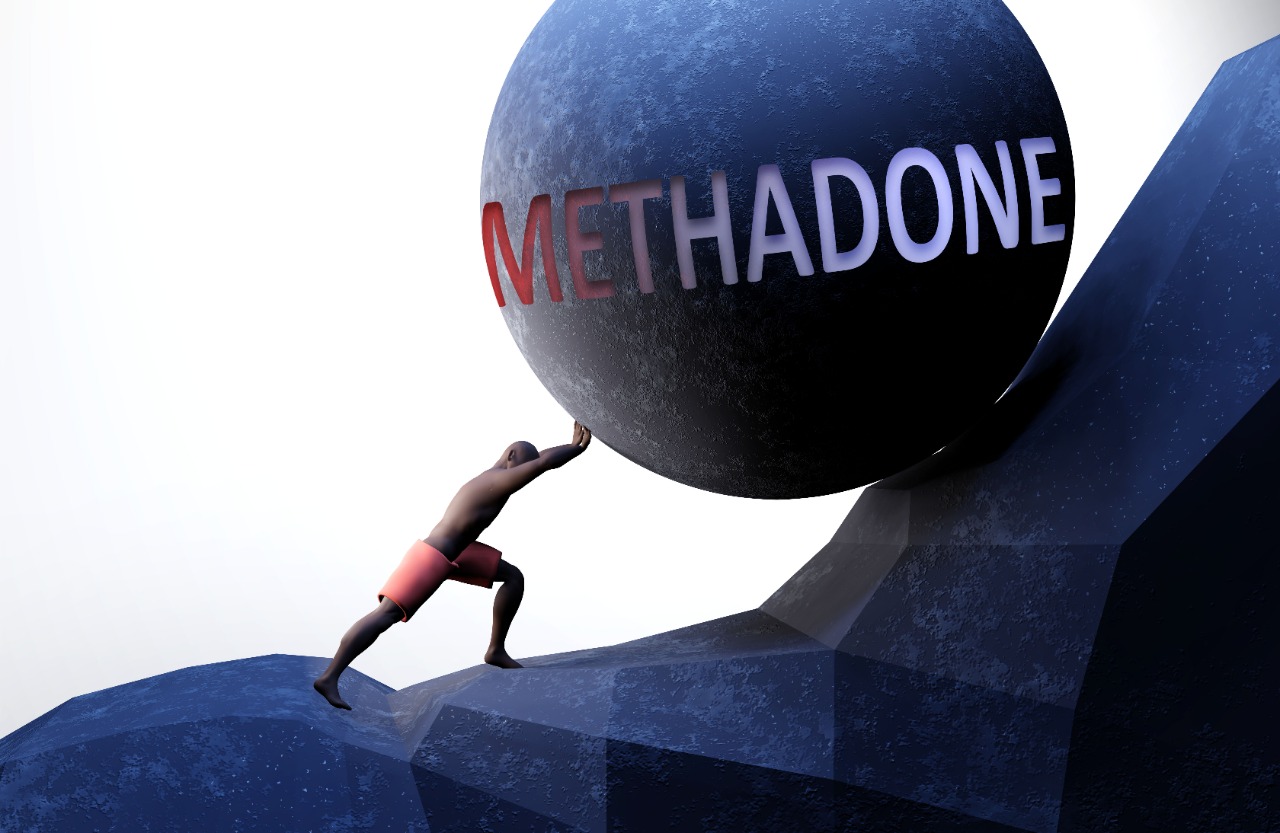Can Giving up Alcohol Reduce Anxiety?
Anxiety: An Overview
You may be tempted to drink a glass of wine or a beer to calm your nerves when coping with hectic days or anxiety provoking events. However, excessive drinking of alcohol, especially over a lengthy period, can make you feel more anxious.
If you’re being treated for anxiety, drinking alcohol can have catastrophic repercussions. While it may appear that having a drink will help you relax, you may be doing more damage than good.
The use of alcohol to relieve anxiety-related stress is a prevalent habit among both youth and adults. While the near-term feelings of relaxation and relief may provide the desired respite, alcohol is addictive and repeated use at sequentially higher quantities can lead to physical and psychological dependence on alcohol over time.
Anxiety is a very common mental health condition that can be treated with a variety of drugs and therapies. Unfortunately, many people still choose to self-medicate with alcohol while facing life stressors instead of seeking professional help.
How does alcohol consumption make anxiety worse?
Serotonin and other neurotransmitters in the brain are affected by alcohol, which can exacerbate anxiety. Once the alcohol wears off, you may likely feel much more anxious than before, as you just lost a coping mechanism. This anxiety may continue to intensify until more alcohol is consumed to numb yourself to your feelings.
It’s not optimal to use alcohol to cope with social anxiety. The Anxiety and Depression Association of America (ADAA) estimates that roughly 7% of Americans suffer from this type of anxiety.
You may find it difficult to cope with social situations if you suffer from social anxiety. Drinking alcohol to ease social interactions is prevalent among people with social anxiety disorder. This can lead to an addiction to alcohol when socializing, which can exacerbate anxiety symptoms.
Other indicators of dependence, aside from the need for alcohol to feel at ease when socializing, are:
1. needing a drink at parties
2. an inability to stop drinking multiple alcoholic beverages in one day
3. needing a drink to get going in the morning
4. drinking heavily four or more days every week.
Eliminate Alcohol from Your Diet to Reduce Anxiety
Given how alcohol contributes to the cycle of anxiety and problem drinking, it stands to reason that eliminating alcohol from your life can help you manage your anxiety. This isn’t to say you shouldn’t go out with your buddies; rather, it means you should avoid situations where drinking is the main attraction.
Because stress levels are frequently fed by endless obsessive thoughts, it is important to be able to control your thoughts. Cognitive Behavioral Therapy, or CBT, can help.
Take time to analyze your current relationship with alcohol while you flush your liquor down the kitchen sink. When was the last time you didn’t drink alcohol, and how did you feel during that time? If you’ve been drinking for a long period of time, withdrawal symptoms are likely to be difficult to deal with.
When your body has grown used to the presence of alcohol, it is hard to function normally after you stop drinking. The following are the most common signs and symptoms of alcohol withdrawal:
● Anxiety and paranoia
● Increased heart rate
● Insomnia
● Having trouble concentrating
● Headaches
● Vertigo
● Perspiring
● Nausea
● Tremors, shakes
Liquor is not an anti-anxiety medication
Moderate drinking is not the same for men and women of all ages. In the United States, “moderate” refers to two drinks per day for adult men and one drink per day for women. Because older folks metabolize alcohol more quickly, restrict yourself to one alcoholic beverage each day if you’re in this age range. Consult your physician to see if moderate alcohol drinking is safe for you.
The advantages of drinking alcohol are occasionally overshadowed by the hazards, which include:
● Depression
● Obesity
● Liver damage.
● Injury to the cardiovascular system
Everyone is affected differently by alcohol. It might make you feel more relaxed or brighten you up after a long day. First, talk to your doctor about your worries to discover if alcohol is safe for you.
It’s important to remember that you shouldn’t drink alcohol because:
● Anxiety reduction is possible through lifestyle changes
● Anxiety is treatable. You can, however, adopt lifestyle changes to help you live with your anxiety and reduce it
You can minimize your anxiety by making some simple daily modifications.
How to reduce your anxiety levels?
● Sleep for at least 7 hours every night
● Caffeine and alcohol can both make you feel more anxious, so limit your intake of both.
● Eat healthy
● Focus on relaxation techniques like meditation or yoga.
● Listening to music or paint
When withdrawal symptoms appear, it’s critical to get medical help right away to ensure you do net suffer seizures, or stroke. Many alcohol rehab facilities in NJ are available to help with dependence on alcohol.
Related Articles



